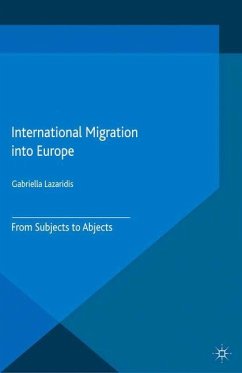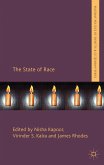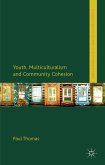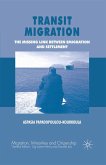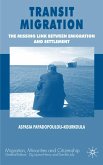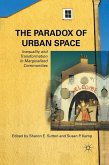This book aims to decipher the complex web of structural, institutional and cultural contradictions which shape the inclusion-exclusion dialectic and the multifaceted grid within which the 'us' becomes the 'other' and the 'other' becomes the 'us'. It looks at how international migrants in Europe transform from legal subjects into legal abjects.
"A timely and important contribution to our understanding of migration in Europe. It summarizes, encapsulates and analyzes this complex and rapidly changing topic in a wholly readable way. Policy makers and students as well as experts will find this a very helpful book for understanding the various issues. This book will be the key migration text for the coming years." - Claire Wallace, University of Aberdeen, UK
"Drawing on three decades of experience in researching migrant groups, Lazaridis offers a masterly overview of the ways in which migration regimes have been restructured and of what this means for different types of people ranging from skilled migrants to trafficked asylum seekers. This book provides much food for thought and should be widely welcomed by migration researchers across the social sciences." - Allan Findlay, University of St Andrews, UK
"Drawing on three decades of experience in researching migrant groups, Lazaridis offers a masterly overview of the ways in which migration regimes have been restructured and of what this means for different types of people ranging from skilled migrants to trafficked asylum seekers. This book provides much food for thought and should be widely welcomed by migration researchers across the social sciences." - Allan Findlay, University of St Andrews, UK

